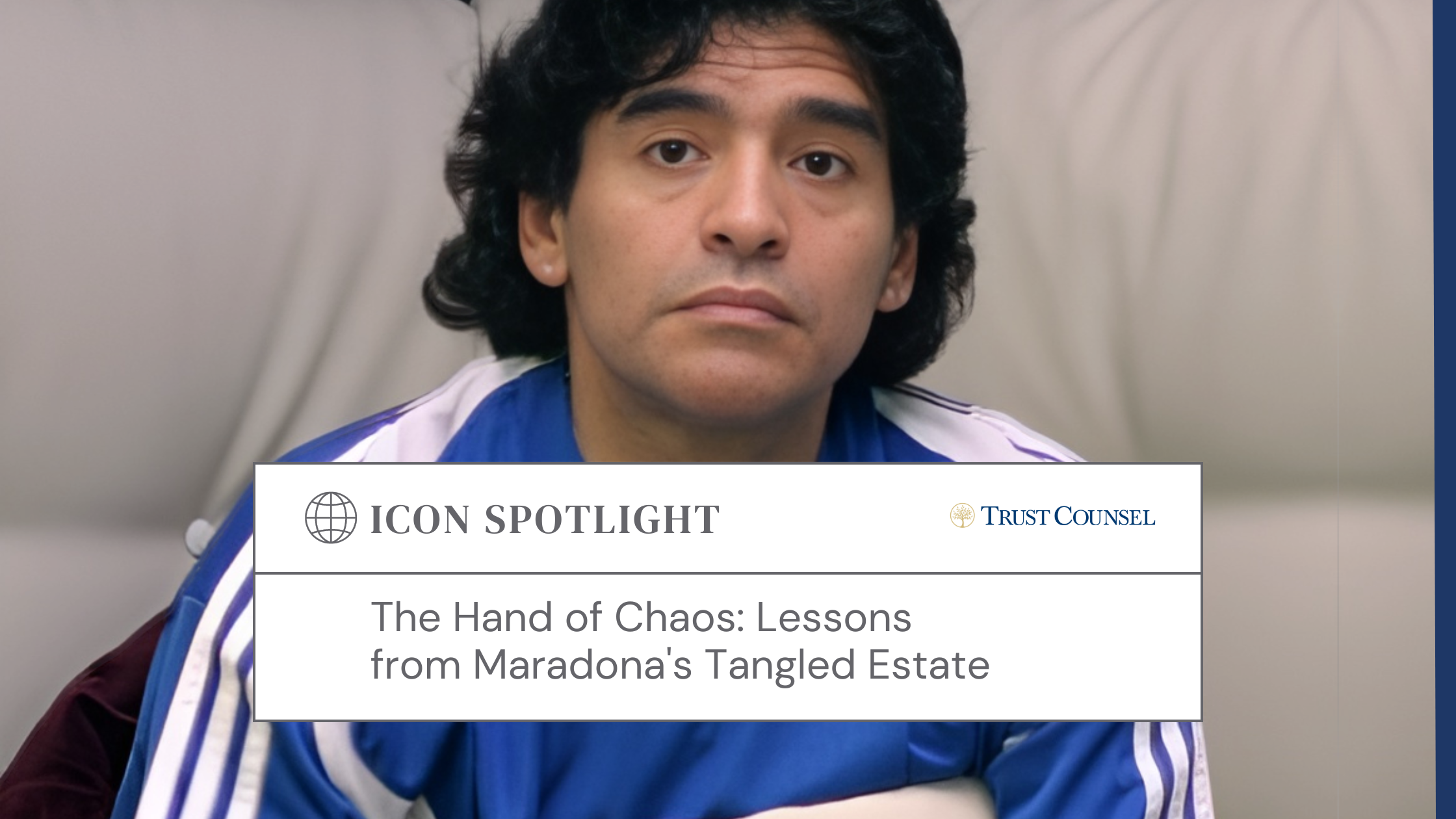Anyone who’s seen an episode of “Modern Family” knows that families these days come in many different shapes and sizes. Long gone are the days when a “family” was defined as a mother, father and two children (or was it 2.5 children? Where does the .5 come from anyway?). In this article, we’ll focus on one of the types of families that’s common in our modern culture: the blended family.
The Unique Dynamics At Play in Blended Families
A “blended family” comes into being when parents divorce, and at least one remarries. While everyone may get along effortlessly while the parent is alive, that too-often doesn’t happen once the parent dies. Why? Because the law still hasn’t caught up to our modern definition of “family.” The law often favors the spouse, which works well when the spouse and the deceased have children together. But when the deceased parent has children from another marriage, the children can – indeed, often are – cut out of their inheritance.
Other than the law being slow to catch up, there are a few more reasons why this happens:
- The parent trusts the new spouse completely and can’t comprehend the spouse ever doing anything to harm the children;
- The new spouse may place his or her own interest ahead of the children – or have children from a first marriage and want them to benefit instead; or
- The parent has not been educated about what could happen when he or she dies, and hasn’t consulted with a competent attorney to get educated.
A True (and Common) Story That Became a Nightmare
In a recent marketwatch.com article, a woman wrote about her own nightmare scenario. Her father (we’ll call him “Dad”) owned several properties, including the house she lived in as a child. He remarried, and when his health started to decline, her stepmother (we’ll call her “Stepmom”) made financial moves so he could qualify for government health care benefits under the Medicaid program. Whereas Medicaid is a needs-based program (meaning, you only qualify if you can’t afford to pay), many people with means are able to take advantage of legal maneuvers and set their assets aside so they qualify. Doing this keeps assets protected for the next generation(s).
So far, so good. It seems as if Stepmom has the children’s interests at heart, right? Not so fast.
In order to qualify for Medicaid, Dad had to transfer his assets to someone else while he was alive. That “someone else” was Stepmom. Apparently, she convinced Dad it was the right move and that she could be trusted with his properties. Dad eventually died, and so at the time of his death, Stepmom owned all his properties, including the childhood home. Stepmom went on a selling spree, cashing in on them all. And guess where the money went? If you guessed Stepmom and HER daughter, you’d be right. Dad’s children from his first marriage got nothing.
Wait – Surely That’s Not Legal!
You may be thinking that’s a horribly unfair outcome – so bad that it has to be illegal. But it’s not. It’s completely legal. Once Stepmom owned the properties, she was free to do anything she wanted with them. She chose – deliberately – to give her stepchildren none of the proceeds and under the law, she had the absolute right to do this. The children had no recourse. They’d lose in court every day of the week – and twice on Sundays.
And so we’re left to wonder: is this the outcome Dad wanted? Could he have foreseen Stepmom was capable of cutting out his children? And did he know there was another way he could have protected them and still qualified for government benefits? With education from a trusted lawyer, would he have done anything differently?
How to Ensure Your Children Are Spared From the Potential Consequences
If you want to avoid the same tragic consequences, there are some steps you can take right away:
- Don’t Be Afraid of the Inevitable: Benjamin Franklin is quoted as saying, “Nothing is certain but death and taxes,” and he was half right (you can avoid taxes with careful estate planning but that’s a topic for another article). Death is certain. Yet we’re all uncomfortable talking about death, much less planning for it. Accept death as a reality then make plans while you can.
- Hold a Family Meeting: Having a heart-to-heart about your wishes, values and goals can go a long way in preventing misunderstandings after you pass away.
- Educate Yourself: Hands down the single most important thing you can do is educate yourself, and educate yourself now. Don’t rely on the internet. Laws are different from State to State, families are different, assets are handled in different ways, and the internet won’t take all this into account.
- Work With a Lawyer Who Understands Your Family Dynamics: One size doesn’t fit all when it comes to planning for life & death matters like these! What works for one family might not work for yours. You need a tailored plan to fit your unique needs. You deserve, and your family deserves, to have a plan that works when your family needs it. That’s why you need a trusted, heart-centered attorney who will appreciate your unique situation and educate you so you’re empowered to put the right plan in place. Your family’s future literally depends on it.
Your loved ones don’t have to face tragic circumstances when you pass. With honest conversations, proper education, and guidance from a trusted attorney, you can put together a plan that keeps the peace and makes sure your loved ones are taken care of just the way you want.
To learn more about how we approach estate planning from the heart and yet with all the strategies you need to keep your assets in the family, Sschedule a free strategy call with our team.
This article is a service of Trust Counsel, a Personal Family Lawyer® Firm. We don’t just draft documents; we ensure you make informed and empowered decisions about life and death, for yourself and the people you love. That’s why we offer a Family Wealth Planning Session™, during which you will get more financially organized than you’ve ever been before and make all the best choices for the people you love. You can begin by calling our office today to schedule a Family Wealth Planning Session™.
The content is sourced from Personal Family Lawyer® for use by Personal Family Lawyer® firms, a source believed to be providing accurate information. This material was created for educational and informational purposes only and is not intended as ERISA, tax, legal, or investment advice. If you are seeking legal advice specific to your needs, such advice services must be obtained on your own separate from this educational material.





